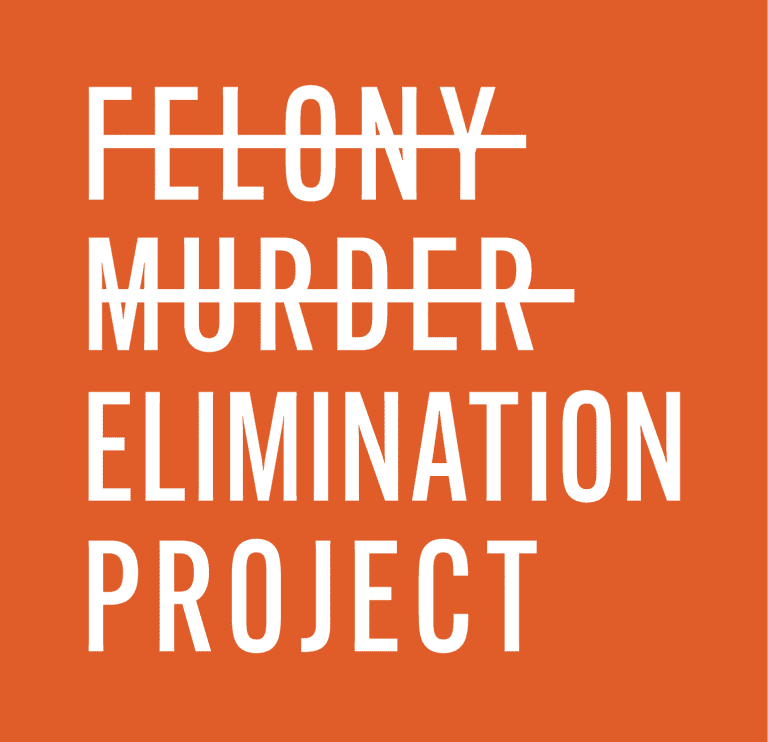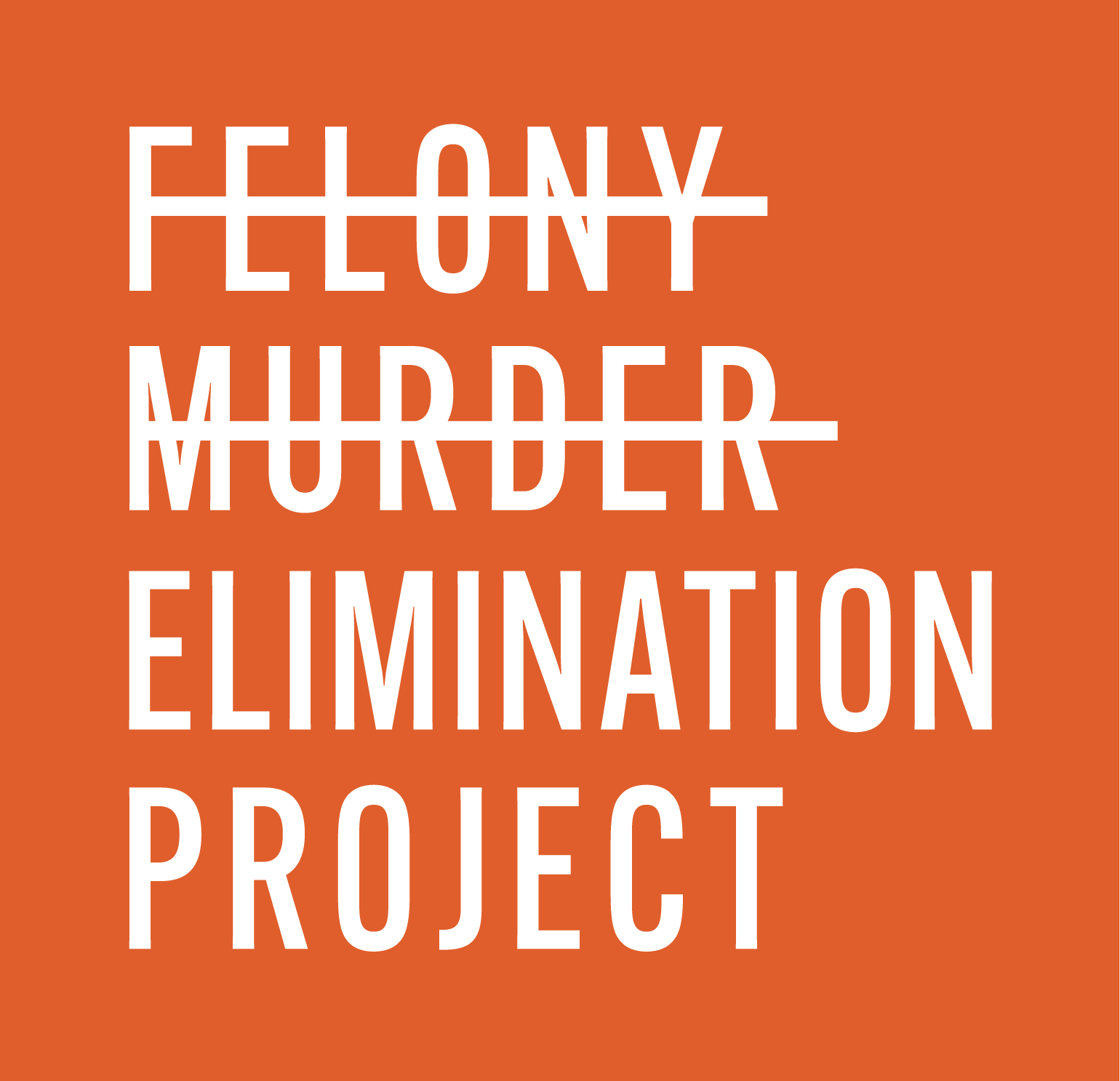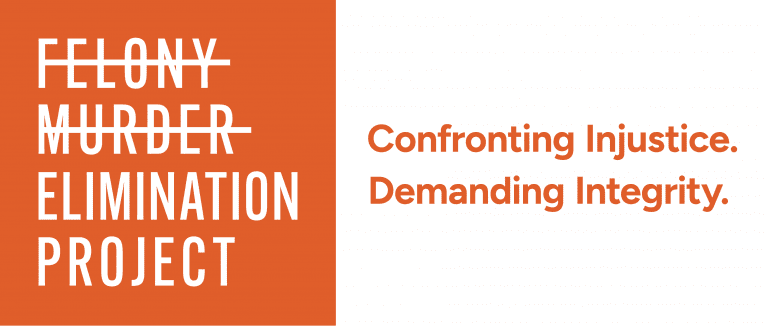On his Emmy-winning weekly late night news show Last Week Tonight With John Oliver, John Oliver featured the Felony Murder doctrine. While those familiar with the work we do at the Felony Murder Elimination Project are versed in these laws, there are many who don’t understand what’s at the heart of felony murder laws; a legal rule where a person can be charged with murder for a death that occurs during the commission of a dangerous felony, even if they did not kill anyone or intend to kill.
The doctrine holds that any participant in a felony like robbery, burglary, or arson can be held responsible for a resulting death, regardless of their individual role in the death itself. Unlike a typical murder charge, the prosecution does not need to prove the defendant intended to kill. Instead, they must prove the intent to commit the underlying felony and that the death was a direct consequence of that felony.
Essentially, a person convicted of felony murder can wind up in prison for a murder charge, signifying a long prison term, up to and including life without parole, without never actually killing anyone.
Oliver notes during the segment that since 1985, 11 people have been executed for felony murder during which a co-defendant actually committed the homicide.
In the 20-minute segment, Oliver discusses the following:
Ryan Holle, convicted in Florida 2004 of first-degree murder under the felony murder rule, after lending his car to a friend who, along with others, committed a robbery during which a woman was killed in Pensacola, Florida. Holle received a life sentence, which later was commuted to 25 years by Governor Rick Scott.
The Elkhart Four, where four teenagers from Elkhart, Indiana were convicted of felony murder for the death of a fifth accomplice, Danzele Johnson, during a 2012 burglary. The four surviving teens, Blake Layman, Jose Quiroz, Levi Sparks, and Anthony Sharp, were charged even though the homeowner shot and killed Johnson and they did not have weapons.
LaKeith Smith, who was convicted of murder while he and four friends were burglarizing homes in Millbrook in 2015. One of Smith’s friends, 16-year-old A’Donte Washington, was killed in a shootout with responded police officers. The police officer who shot Washington was cleared of wrongdoing, while Smith and his three surviving friends were charged with felony murder.
Oliver summarizes the segment; “No one is arguing that people who commit a felony should go unpunished…but they should be punished for the crime they committed, and not one that they did not intend, or indeed, carry out themselves.”
Oliver’s coverage of the Felony Murder doctrine shined a national spotlight on felony murder laws across the United States, bringing critical attention to how these laws perpetuate extreme sentencing and injustice. This kind of national coverage is essential for elevating the voices of those impacted and advancing meaningful reform.
We’re proud that Felony Murder Elimination Project’s Life Without Parole data was featured in the segment, alongside the work of several of our partners in the National Felony Murder Working Group who continue to challenge these laws every day.
We also want to recognize the legislators who have helped position our state as a leader in felony murder reform – and especially those who continue to push for change, knowing that the fight for justice is far from over.
You can watch the full segment at the Last Week Tonight YouTube channel —>>>
Felony Murder: Last Week Tonight with John Oliver (HBO)



